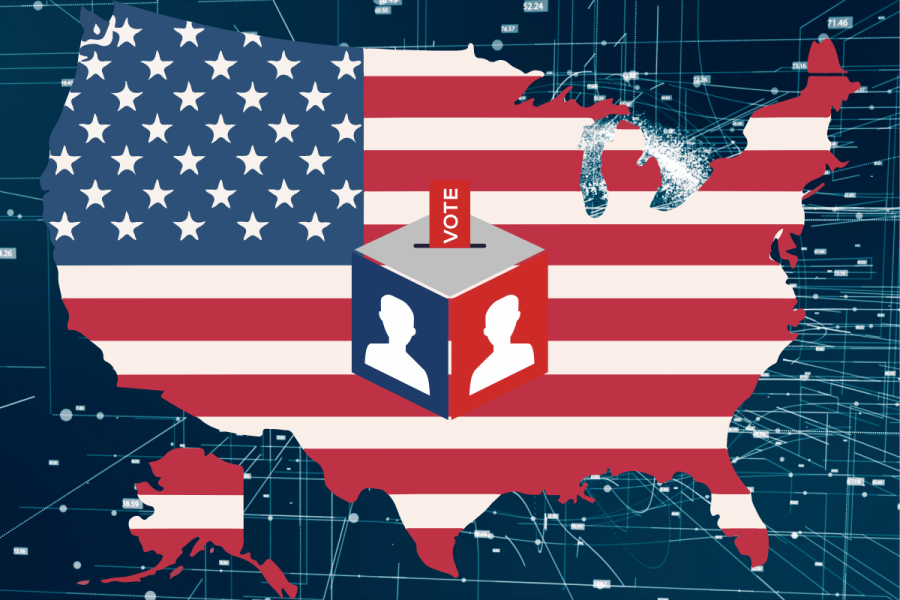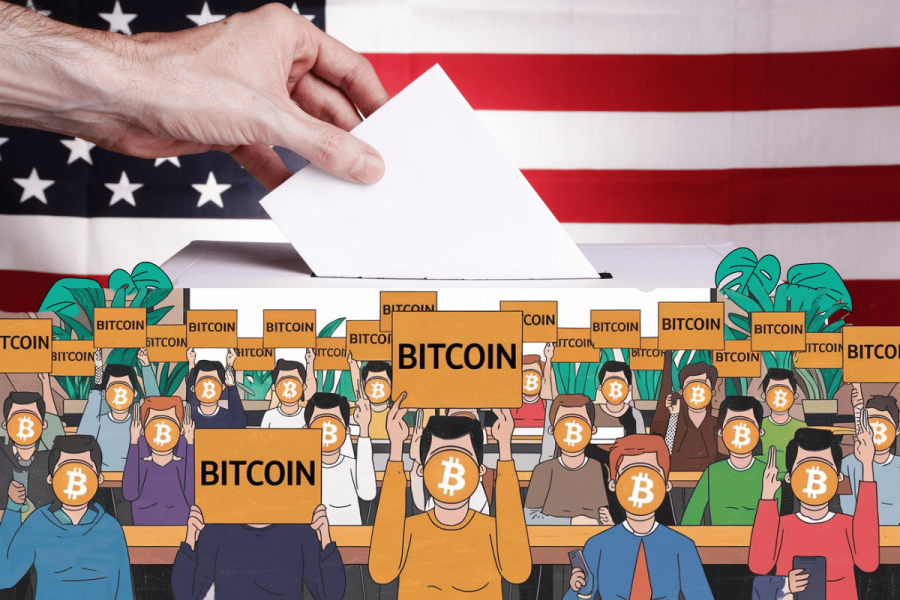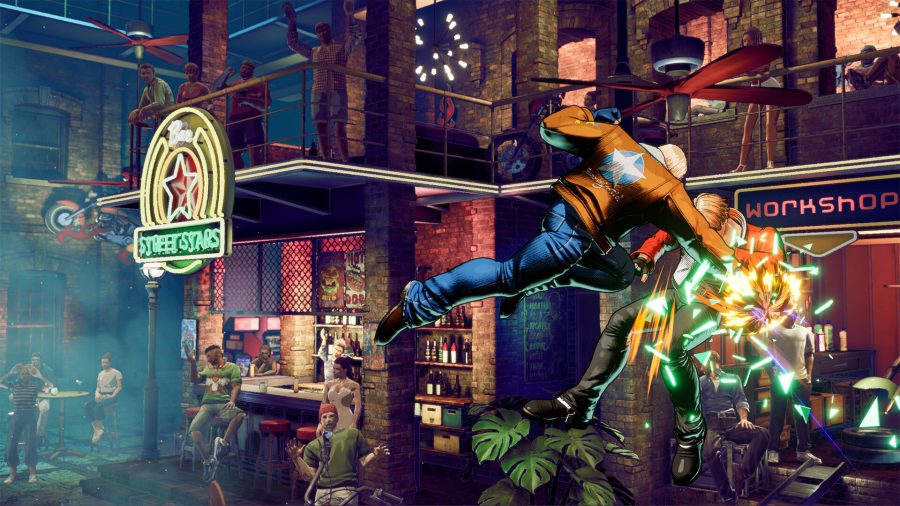Ahead of the U.S. elections, around 26 states have reportedly passed or are considering bills regulating the use of generative AI in election-related communications.
According to Axios, 19 states have already passed laws to address deepfakes and AI-generated “synthetic media” in elections.
In 2019, Texas became one of the first states to pass a law banning the creation and distribution of deepfake videos intended to harm a candidate or influence elections. That same year, California enacted a similar law prohibiting the distribution of “materially deceptive audio or visual media” aimed at damaging a candidate or swaying voters within 60 days of an election.
Half of U.S. states seek to crack down on AI in elections. Credit: ReadWrite with information provided by Axios
Last year, Minnesota and Michigan also prohibited AI-generated deepfakes within 90 days of elections. By 2024, New Mexico, Florida, Utah, Indiana, and Wisconsin had introduced laws forcing the disclosure of AI-generated content in campaign ads and communications.
At least seven other states, including Pennsylvania, Massachusetts, and North Carolina, are currently considering regulations targeting AI’s role in elections. Meanwhile, Alaska, Oklahoma, and Louisiana introduced bills this year to regulate AI in election communications, but these efforts stalled in committee or were vetoed.
ReadWrite reported that proposed legislation called the NO FAKES Act was introduced in the US House of Representatives on September 12, with members from both parties backing the act.
The acronym stands for ‘Nurture Originals, Foster Art, and Keep Entertainment Safe’ and it aims to “protect the voice and likeness of all individuals from unauthorized, computer-generated recreations from generative artificial intelligence (AI) and other technologies.”
California signs law combating deepfake election content
On September 17, ReadWrite wrote about California Governor Gavin Newsom signing two bills that aim to protect actors and performers against unauthorized AI.
A big step forward for protecting workers in the evolving AI space!@SAGAFTRA President @FranDrescher joins Gov. @GavinNewsom to celebrate two new laws ensuring performers’ legal rights when negotiating digital replicas & setting rules for recreating performers who’ve passed. pic.twitter.com/WyrqyJGvzB
— California Governor (@CAgovernor) September 17, 2024
The bills titled AB2702 and AB1836 put protections in place, with one requiring consent from actors and performers before a digital replica can be created and used. This includes their voice and likeness and is the country’s first bill of its kind.
The other provides updated protections to the voice and likeness rights of deceased performers unless their estate has already provided consent.
This updates the previous and removes the former exemptions for film, TV, audiovisual works, and more when it comes to what is classed as digital replication.
Newsom stated: “Safeguarding the integrity of elections is essential to democracy, and it’s critical that we ensure AI is not deployed to undermine the public’s trust through disinformation – especially in today’s fraught political climate.”
Featured image: Canva
The post Half of U.S. states move to regulate AI and deepfakes in elections appeared first on ReadWrite.
























